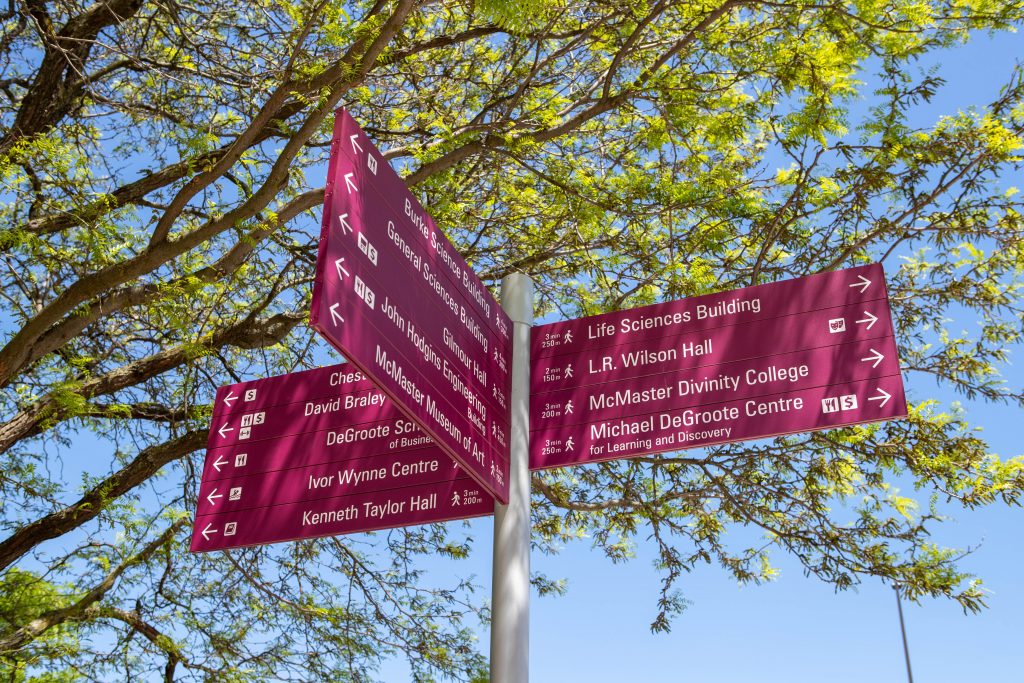Collaborate across faculties
Collaborative work across Faculties and disciplines drives innovation in research. It is one of McMaster’s core research values, and it drives progress on the development goals. Spanning disciplines as diverse as biology, economics, sociology, management, civil engineering, and public policy, our work in sustainability is leading to the development of new technologies that are not only innovative and lead to prosperity, but are also culturally and socially acceptable and will reduce our footprint on the planet and ensure its health for generations to come.
Educating the next generation of researchers through a transdisciplinary approach encourages teamwork and the valuing of different skill sets when tackling complex problems. A transdisciplinary approach is critical to achieving the SDGs, and cooperation in research across faculties and disciplines can accelerate progress on the development goals.
McMaster has multiple examples of how this kind of collaborative work is advancing the SDGs. At the McMaster Automotive Resource Centre (MARC), one of Canada’s leading research facilities in electric and hybrid vehicles, teams of engineers, scientists, social scientists and their students are developing sustainable solutions for the automotive industry.
The Master of Science in Global Health and PhD program in Global Health are further examples of transdisciplinary training, with a focus on health equity and alignment with the Sustainable Development Goals.
Information Box Group

“Our collaborative approach has taught us that the best research results come from working together across disciplines.”
Karen Mossman, Vice-President, Research

